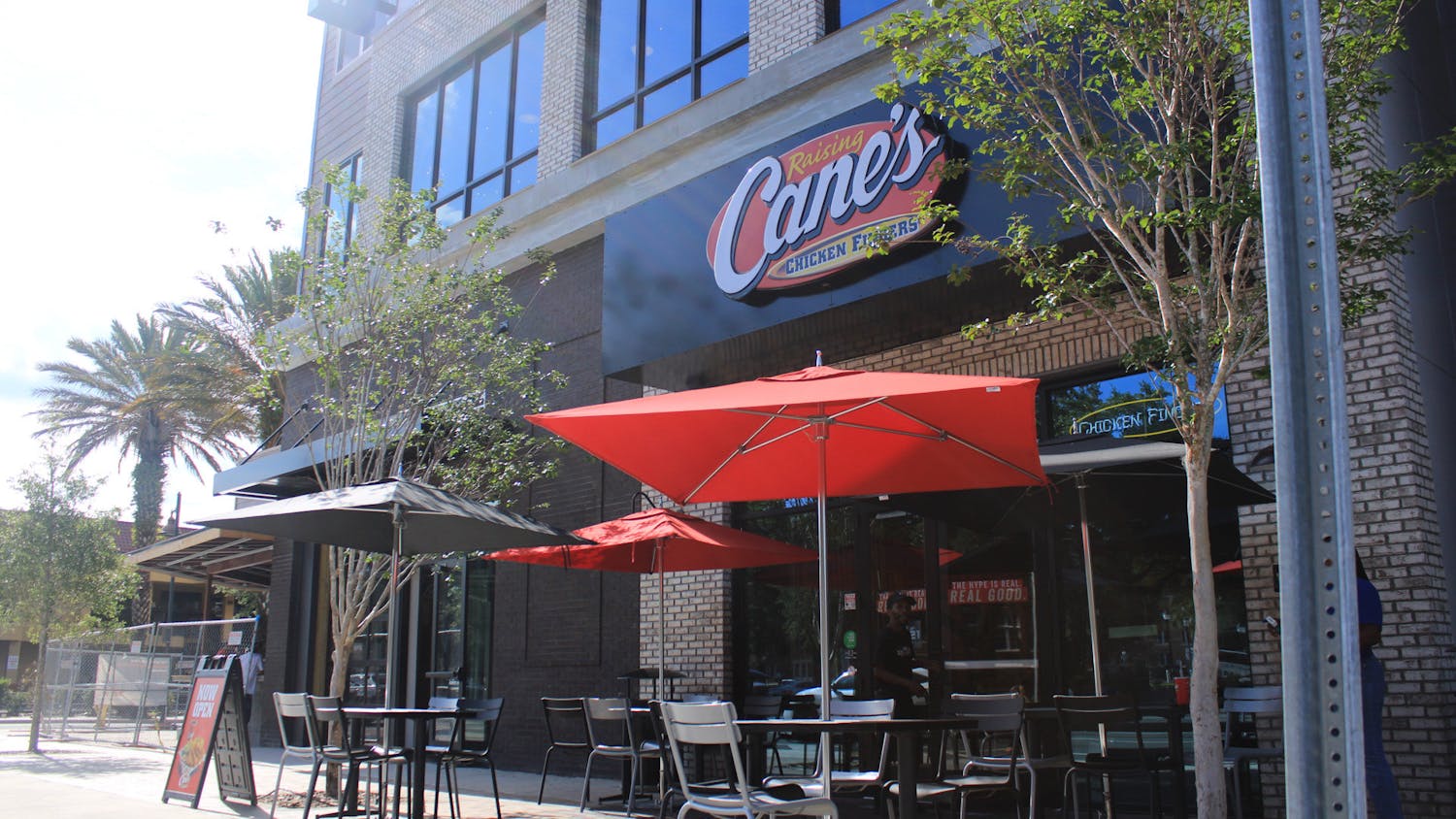The phrase “fast-food worker” stirs up images of high school kids working an after-school job at Taco Bell to save up for college or a car. However, Marc Doussard, a professor at the University of Illinois at Urbana-Champaign who co-authored a recent study on fast-food workers who receive public assistance, said this is not the case.
According to a University of California, Berkeley, news release about the study, Doussard said, “More than two-thirds of core frontline fast-food workers across the country are over the age of 20, and 68 percent are the main wage earners in their families.”
The median wage for front-line workers at fast-food restaurants nationally is just $8.69 per hour. For families whose main breadwinners are fast-food workers, this presents an obvious problem — especially considering most fast-food jobs are part-time. Even for those working 40 hours or more at a fast-food restaurant, $8.69 per hour isn’t a livable wage.
Because of this, many families of fast-food workers rely on public assistance from programs such as Medicaid, the Children’s Health Insurance Program and the Supplemental Nutritional Assistance Program — more commonly known as food stamps, according to NPR. The analysis co-authored by Doussard found that 52 percent of fast-food workers or their families are enrolled in these programs. According to the study, taxpayers pay $7 billion to fund public assistance for fast-food workers.
According to the news release from UC Berkeley, “This is the public cost of low-wage jobs in America,” UC Berkeley economist Sylvia Allegretto, co-chair of the Center for Wage and Employment Dynamics, said. “The cost is public because taxpayers bear it. Yet it remains hidden in national policy debates about poverty, employment and public spending.”
The news release was funded by Fast Food Forward, a New York City advocacy group pushing for higher wages for food-service workers. The group, according to NPR, is campaigning for a raise from the $8.69 average to $15 per hour for workers.
Conservative economists, however, don’t believe this would alleviate the $7 billion Americans spend annually on assisting fast-food workers. NPR quoted Michael Strain, a “center-right” economist who said raising minimum wage would cause fast-food companies to lay off workers. NPR also interviewed Ken Jacobs, another co-author of the Fast Food Forward study. He said In-N-Out Burger is an example of a very successful, very profitable chain that pays its workers higher-than-average wages. He also argued that higher wages would result in less employee turnover, which is costly. It’s no secret companies thrive when they pay their workers wages that are higher than the national average. Costco, for example, has a starting pay for employees of $11.50 to $12 hourly and has a turnover rate of just 10 percent — much less than the national average of 67 percent of part-time workers in the U.S.
The numbers don’t lie, guys: Higher wages for part-time workers benefit everyone from taxpayers to CEOs.
A version of this editorial ran on page 6 on 10/17/2013 under the headline "Get your own fries with that: Workers’ wages unfair"





